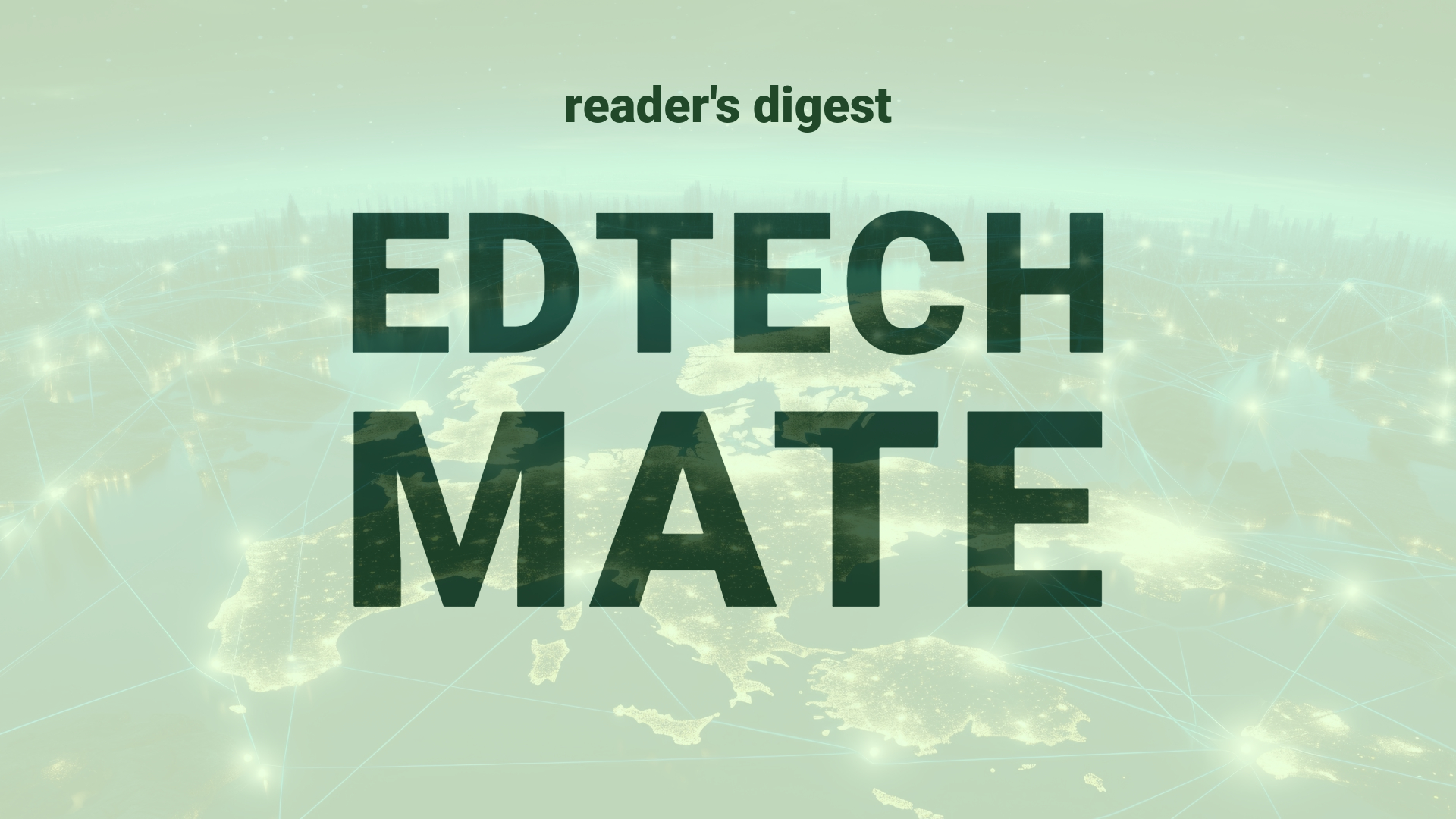Executive Summary and Main Points
The pertinent content examines the relevance of daily rituals in the professional context and their corroborated benefits. A survey of over 130 subscribers of Harvard Business Review (HBR) provides insights into how individuals utilize rituals to initiate their workdays, mentally prepare for stressful tasks, and detach from work post-completion. This reflects an intersection of personal well-being and productivity strategies, of particular interest to the education sector as it navigates digital transformation and seeks to enhance performance and culture in global higher education.
Potential Impact in the Education Sector
The discussed research has the potential to affect various aspects of the education sector. In Further and Higher Education, implementing intentional rituals can foster student and staff engagement, mitigate stress, and improve academic performance. For micro-credentials and professional development programs, such as Harvard ManageMentor® highlighted in the HBR Learning announcement, these findings could inform the creation of courses that develop soft skills in managing work-life balance and emotional readiness. Strategic partnerships between educational institutions and digital platforms may leverage this knowledge to cultivate resilience and adaptive cultures in remote learning environments.
Potential Applicability in the Education Sector
Applicability of daily rituals can be innovatively interpreted within the education sector through AI and digital tools. AI-driven apps could personalize ritual recommendations based on user stress levels and work patterns, enhancing student and educator productivity. Gamification can foster the adoption of beneficial rituals among students, while VR environments could simulate stress-inducing scenarios, allowing participants to practice coping rituals in a controlled setting. Digital badges, like those from HBR Learning courses, may also acknowledge mastery of personal effectiveness strategies, integrating such soft skills into the fabric of global educational systems.
Criticism and Potential Shortfalls
While the benefits of rituals are supported by the research, their implementation in the education sector must consider cultural diversity and individual differences. Moreover, not all rituals translate universally; for example, what works in a corporate American context might not be suitable or effective elsewhere. Ethical implications, such as the pressure to conform to institutionalized rituals or the potential for rituals to become rigid and counterproductive, should be weighed. Comparative internationally-focused case studies can elucidate how diverse educational systems can adapt and personalize rituals in meaningful ways.
Actionable Recommendations
Leaders in international education should consider the following recommendations:
– Integrate training on personal rituals into professional development and leadership curricula.
– Utilize AI and analytics to develop individualized well-being dashboards to help students and staff identify and track helpful rituals.
– Encourage cross-cultural exchange programs to study the effectiveness of rituals in diverse educational systems.
– Collaborate with technology providers to gamify ritual adoption, offering incentives and recognition for proactive well-being management.
– Invest in research to continually assess the impact of daily rituals, optimizing them to support the evolving dynamics of global higher education
Source article: https://hbr.org/2024/04/the-research-backed-benefits-of-daily-rituals

